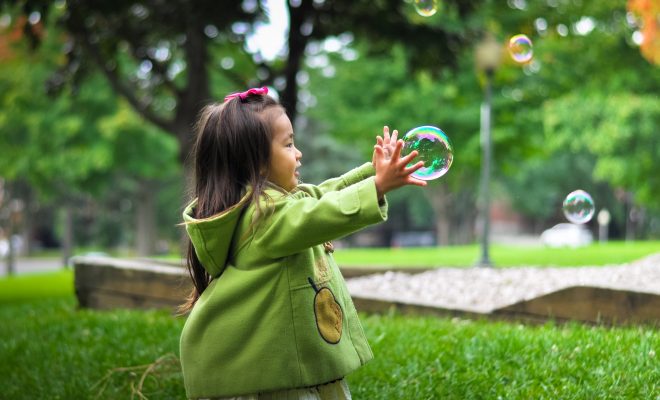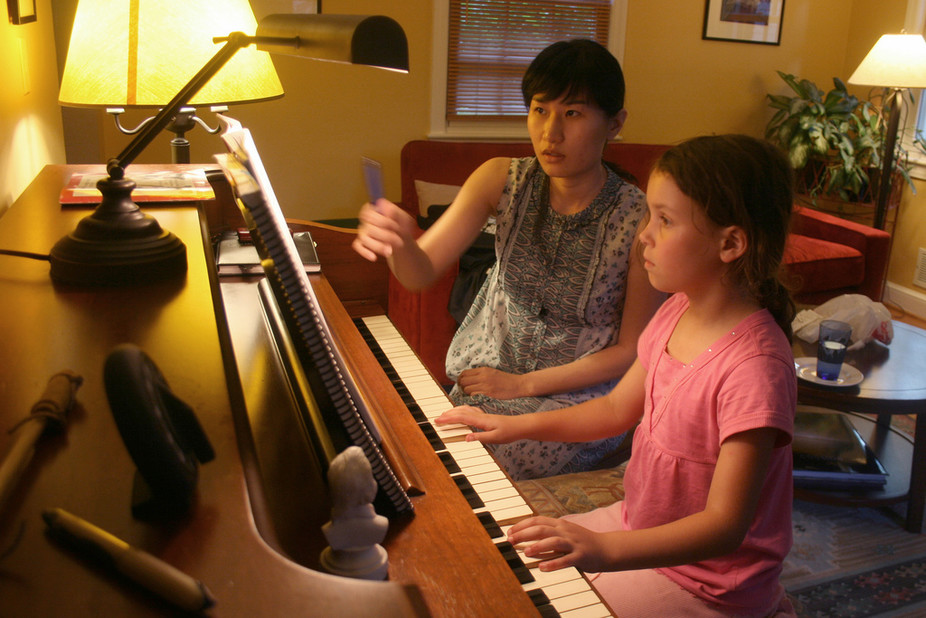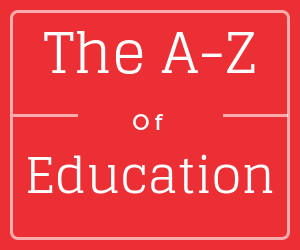Is Your Child Ready for Preschool?

You have a precocious toddler who seems like they may be ready for the next step in their education. It may not be required, but you feel strongly that your little one could benefit from the extra years of supplemental material in preschool. Some schools will start accepting children at the tender age of two, but is it the best decision for your child?
Parents should know some of the key signs that their kids are ready for preschool. Take a look at some of these essential skills to evaluate your child’s readiness.
Potty Training
Not all preschools will require your child to be toilet trained. This factor is largely dependent upon the age your child will be upon enrollment. However, kids that are four to five when they enter preschool will usually need some amount of potty training.
Don’t worry if your child still has an occasional accident or needs assistance. Teachers are understanding and willing to lend a hand when the need arises. The general idea is simply that your child should be capable of identifying their need to go and following through on a fairly consistent basis.
Attention Span
Your toddler may run as if being powered by a motor, but that doesn’t necessarily mean he can’t handle a preschool class. One sign that your child is ready is the ability to focus on a given task for a short period of time.
The attention span suggested is adjusted depending on the child’s age. Many professionals recommend the minute equivalent of your child’s age. For example, a five-year-old could reasonably be expected to concentrate for a five-minute period. If they can listen while you read them a short storybook, complete a simple puzzle, or color a picture, they may already have the attention span required for preschool.
Independence
When you leave your child with a babysitter, do they sob for hours? Perhaps you can hardly get them to let go of your leg at family get-togethers and social functions. Even when there are plenty of fun activities and kids their age, your child may not be able to handle separation from you yet.
Consider how your child responds when you’re not around. If they have severe separation anxiety, preschool probably isn’t the best option right now. A child should be able to handle some small periods of time playing independently, especially apart from mom or dad. The age where children feel comfortable with this can vary wildly. Unfortunately, this is one of the most difficult things to predict but also one of the most important steps to a successful preschool experience.
Communication
Can your child communicate their needs effectively with people outside of their immediate family? This can be a challenge for parents to effectively gauge because they’re accustomed their own child’s mannerisms and speech. Pay attention to whether extended family or friends can clearly understand your child’s speech.
If your child can’t communicate effectively, they won’t be able to tell their teacher if they need something. Other children may have difficulty in relating to your child, which can make social situations too stressful. Children who struggle with communication may need to beef up their skills before entering into a preschool environment.
Use these important benchmark skills to decide whether or not your child is fully prepared for preschool. Preschool can be a rich time for children to learn, grow, and explore interests in a safe environment. Setting them up for success now can create a lifelong love of school, learning, and healthy social skills that will mean many great years ahead.





